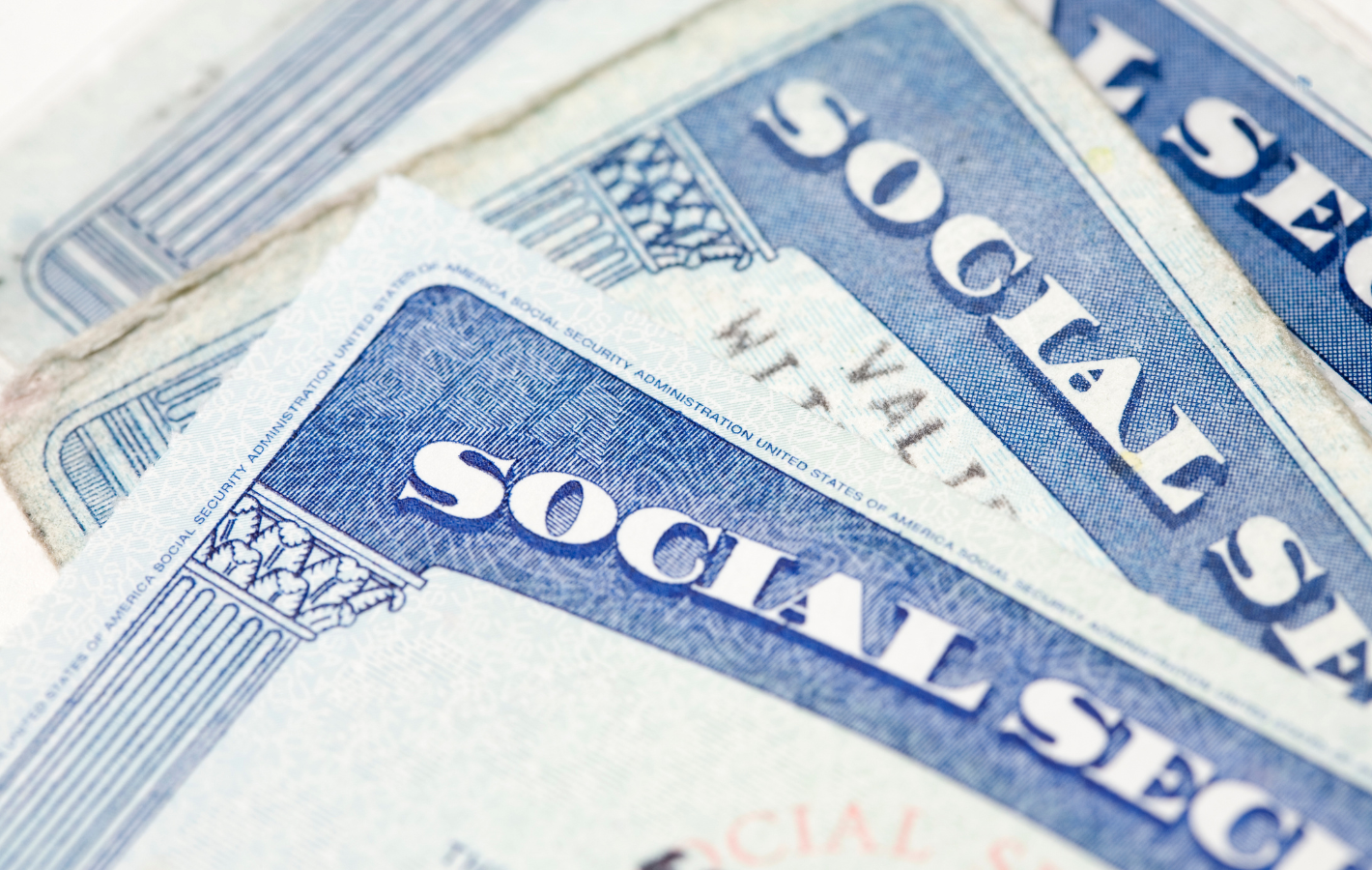January 1, 2026
Being involved in an auto accident can be a traumatic and overwhelming experience. In the immediate aftermath, it’s easy to feel disoriented and unsure of what to do next. However, the actions you take immediately after the accident can have a significant impact on your safety, health, and any potential legal claims. This blog will provide you with a step-by-step guide on how to handle an auto accident in Mississippi. By following these steps, you can protect yourself, ensure you receive the necessary medical care, and strengthen your case if you need to file a personal injury claim. Step 1: Ensure Safety and Call for Help The first and most important step after an auto accident is to ensure the safety of everyone involved. Here’s what you should do: Check for Injuries: Assess yourself and others in your vehicle for injuries. If anyone is seriously injured, call 911 immediately to request emergency medical assistance. Move to Safety: If the vehicles are in a dangerous location, such as the middle of a busy road, and it is safe to do so, move them to the side of the road to avoid further accidents. If the vehicles cannot be moved, turn on your hazard lights to alert other drivers. Stay Calm: Auto accidents can be highly stressful, but it’s important to stay calm and composed. Take a few deep breaths and focus on the steps you need to take to handle the situation. Step 2: Call the Police In Mississippi, it’s required by law to report any auto accident that results in injury, death, or significant property damage to the police. Even if the accident seems minor, it’s a good idea to call the police to the scene. The police will create an official accident report, which can be crucial for your insurance claim and any potential legal action. When the police arrive: Provide a Statement: Give the officer a clear and factual account of what happened. Stick to the facts and avoid making assumptions or speculating about who was at fault. Request a Copy of the Accident Report: Ask the officer how you can obtain a copy of the accident report once it’s available. This report will be important for your insurance claim and any legal proceedings. Step 3: Exchange Information with the Other Driver After ensuring that everyone is safe and the police have been called, exchange information with the other driver(s) involved in the accident. This information should include: Full Name and Contact Information Driver’s License Number License Plate Number Insurance Company Name and Policy Number Make, Model, and Color of the Vehicle It’s also helpful to note the location of the accident, the time it occurred, and the road conditions. Be polite and cooperative, but avoid discussing the details of the accident or admitting fault. Step 4: Document the Scene Thorough documentation of the accident scene can be crucial for your insurance claim and any legal action. Here’s how to document the scene effectively: Take Photos: Use your phone or camera to take photos of the vehicles involved, any visible damage, skid marks, traffic signs, road conditions, and any other relevant details. Be sure to take photos from multiple angles and distances. Record Witness Information: If there were any witnesses to the accident, ask for their contact information and if they would be willing to provide a statement. Witnesses can provide valuable third-party perspectives on what happened. Make Notes: Write down your recollection of how the accident occurred, including the sequence of events leading up to the collision. Include details about the weather, traffic conditions, and any unusual circumstances. Step 5: Seek Medical Attention Even if you feel fine after the accident, it’s important to seek medical attention as soon as possible. Some injuries, such as whiplash or internal injuries, may not show symptoms immediately but can become serious if left untreated. When you see a doctor: Inform Them of the Accident: Let your doctor know that you were involved in an auto accident, so they can check for any accident-related injuries. Follow the Doctor’s Advice: If your doctor recommends treatment, follow their advice and attend all follow-up appointments. Keep detailed records of your medical visits, treatments, and any prescribed medications. Step 6: Notify Your Insurance Company After an auto accident, you need to notify your insurance company as soon as possible. Most insurance policies require you to report accidents within a certain time frame, so don’t delay. When you contact your insurance company: Provide Accurate Information: Give your insurance company a clear and factual account of the accident. Provide them with the details you documented, including photos, witness information, and the police report number. Understand Your Coverage: Ask your insurance company to explain your coverage, including any deductibles, rental car options, and the process for filing a claim. Avoid Speculation: Stick to the facts and avoid speculating about fault or the extent of your injuries. The insurance adjuster will investigate the accident and determine liability based on the available evidence. Step 7: Keep Track of Your Expenses Auto accidents can result in a variety of expenses, including medical bills, vehicle repairs, and lost wages. Keeping track of these expenses is essential for your insurance claim and any potential legal action. Medical Expenses: Keep all bills and receipts for medical treatments, prescriptions, and any other accident-related healthcare costs. Vehicle Repair Costs: Obtain estimates for vehicle repairs and keep receipts for any work done. If your vehicle is totaled, you’ll need documentation to support the claim for its value. Lost Wages: If your injuries prevent you from working, document the days you missed and any lost income. You may be entitled to compensation for lost wages as part of your claim. Other Expenses: Keep records of any other expenses related to the accident, such as transportation costs, home care, or modifications to your living space if needed due to your injuries. Step 8: Consult with a Personal Injury Attorney If you’ve been injured in an auto accident, consulting with a personal injury attorney can be a critical step in protecting your rights and securing fair compensation. An experienced attorney can help you navigate the complex legal process, negotiate with insurance companies, and ensure that you receive the compensation you deserve for your injuries and losses. When you consult with an attorney: Bring All Documentation: Provide your attorney with all the documentation related to the accident, including the police report, medical records, photos, and witness statements. Discuss Your Options: Your attorney will evaluate your case and discuss your legal options, including the possibility of filing a personal injury claim. They can help you understand the strengths and weaknesses of your case and what to expect moving forward. Let Your Attorney Handle Communications: Once you have an attorney, they can handle all communications with the insurance companies and any other parties involved. This allows you to focus on your recovery while your attorney works to secure the best possible outcome for your case. Step 9: Follow Up on Your Claim The claims process can take time, so it’s important to follow up regularly with your insurance company and attorney to check on the status of your claim. Be patient, but don’t hesitate to ask for updates or clarification if needed. Respond Promptly: If your insurance company or attorney requests additional information, provide it as soon as possible to avoid delays in processing your claim. Be Prepared for Negotiation: Insurance companies may initially offer a lower settlement than what you’re entitled to. Be prepared to negotiate with the help of your attorney to ensure you receive fair compensation for your injuries and damages. Conclusion Being involved in an auto accident is a stressful experience, but knowing what to do in the aftermath can make a significant difference in protecting your rights and ensuring a smooth recovery process. By following these steps, you can navigate the complexities of an auto accident with confidence, from the moment of the crash to the resolution of your claim. If you’ve been injured in an auto accident in Mississippi, the attorneys at Wood & Carlton, P.C. are here to help. With extensive experience in personal injury cases, we can guide you through the legal process, advocate for your rights, and work to secure the compensation you deserve. Contact us today to schedule a consultation and learn more about how we can assist you with your auto accident claim.










